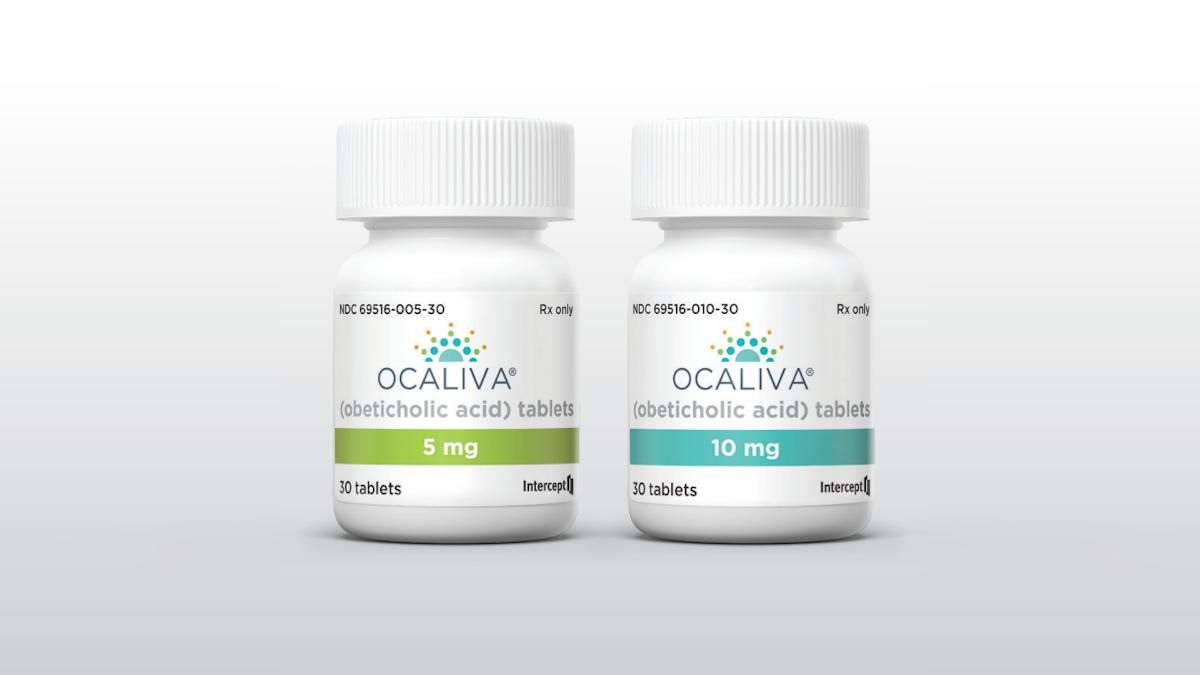GSK reveals data behind linerixibat for PBC 'relentless itch'

Patients with primary biliary cholangitis (PBC) often say that severe pruritus (itching) is the most debilitating symptom of the autoimmune liver disease – and new data with a GSK candidate suggests it could offer relief.
The GLISTEN trial of GSK's linerixibat has shown that the oral ileal bile acid transporter (IBAT inhibitor was signposted as positive towards the end of last year, and the company has now revealed the full data from the study at the European Association for the Study of the Liver (EASL) conference.
Chronic itch when living with PBC is caused by cholestasis, which means that the liver is unable to process and secrete bile, which then ends up in the bloodstream. This leads to the accumulation of substances in blood plasma that can cause itching, compounded by effects on the endogenous opioid system in the body that intensifies itch perception.
GLISTEN is being carried out in 238 patients with documented PBC and moderate to severe itching, with linerixibat compared to placebo over 24 weeks and the primary endpoint the change from baseline in monthly itch score.
Linerixibat users recorded an average placebo-adjusted improvement of 0.72 points on a 10-point itch scale for the worst itch, measured using the WI-NRS scale, with reductions of that magnitude seen within the first two weeks.
Secondary endpoints were also encouraging, with 56% of patients in the linerixibat group reporting a clinically meaningful, three-point or greater reduction on the WI-NRS versus 43% in the placebo group at week 24. Those on GSK's drug also reported significant improvements in itch-related sleep interference.
Treatment options for PBC have expanded in the last few months, with FDA approvals for Ipsen/Genfit's dual PPAR alpha/delta agonist Iqirvo (elafibranor) and Gilead Sciences' Livdelzi (seladelpar) joining Intercept Pharma's Ocaliva (obeticholic acid) as second-line options after standard upfront treatment ursodeoxycholic acid (UDCA).
Those therapies are targeted at delaying progression of PBC, rather than focusing specifically on symptoms, so GSK's closest rival is Mirum Pharmaceuticals' oral IBAT inhibitor volixibat, which is in the VANTAGE study in PBC that is due to complete enrolment in 2026.
An interim analysis of data from VANTAGE reported last year showed a 2.3-point placebo-adjusted reduction on the primary itching endpoint, however, that was on the Adult ItchRO scale rather than WI-NRS, making a comparison difficult. Both are patient-reported outcome measures and have a slightly different focus.
"Relentless itch is present in the majority of patients with PBC and is a symptom that affects sleep, mental health, and quality of life," said Kaivan Khavandi, GSK's global head of respiratory, immunology & inflammation R&D.
"With linerixibat, we are one step closer to addressing the high unmet need of itch and its related sleep interference that are critically important to patients but historically under-treated," he added.
GSK has previously indicated it is hoping for approval of linerixibat in the US in the second half of this year, followed by other launches, including Europe, in 2026.
Image by stefamerpik via Freepik












